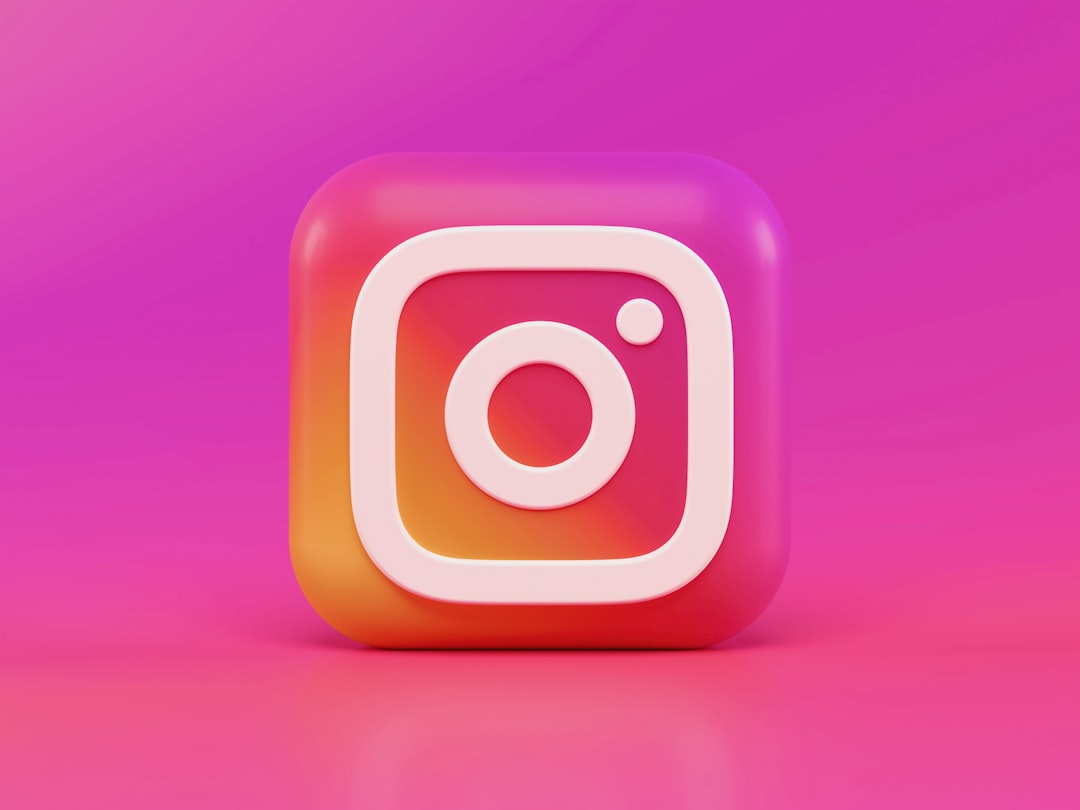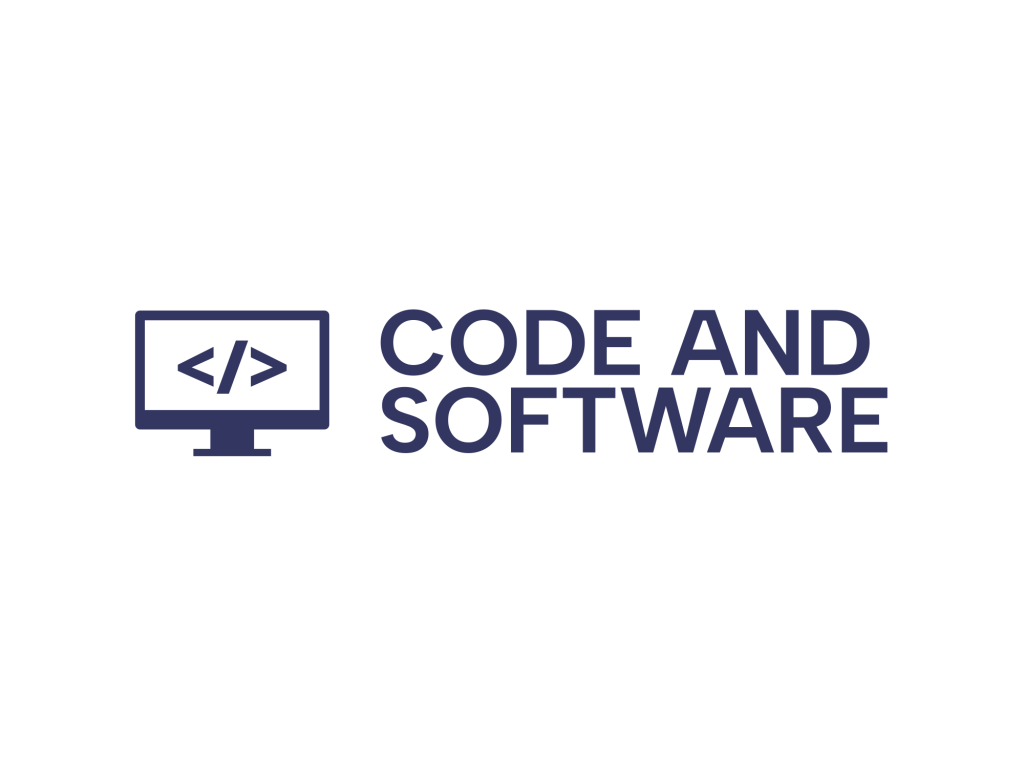In the evolving landscape of digital marketing, a new breed of influencers is emerging with considerable impact—AI influencers. These computer-generated personas are revolutionizing how brands interact with audiences on platforms such as Instagram. Unlike traditional influencers, AI-powered personalities offer consistency, scalability, and total creative control, making them an attractive asset for businesses looking to stay ahead of the curve.
As social media becomes increasingly algorithm-driven and saturated with content, standing out is no easy feat. AI influencers provide brands with the opportunity to break through the noise in novel and futuristic ways. These digital characters, developed using sophisticated algorithms, machine learning, and 3D modeling, are bridging the gap between virtual reality and social networking.
The Rise of Artificial Personas
AI influencers are avatars meticulously crafted using CGI (computer-generated imagery) and programmed with personality traits, storylines, and brand alignment. They mimic human behavior, create relatable content, and engage in social interactions just like their human counterparts. Among the most famous is Lil Miquela, a digital persona with millions of Instagram followers, who collaborates with major fashion brands and attends virtual events.
These virtual influencers are not just novelty acts—they represent a strategic shift in the influencer economy. Since they are managed by teams of developers, designers, and marketers, AI influencers can uphold a brand’s voice consistently without the unpredictability or controversy sometimes associated with human influencers.

Why Brands Are Embracing AI Influencers
The benefits of using AI influencers go beyond just aesthetics. There are several compelling reasons why brands are investing in these digital entities:
- Consistency: AI influencers don’t age, change opinions, or have erratic behavior, which makes them perfect long-term brand ambassadors.
- Creative Control: Every aspect, from the image to the message, is controllable, ensuring that brand guidelines are strictly followed.
- Scalability: Unlike human influencers who have time and geographical constraints, AI influencers can “work” 24/7 and reach global audiences instantaneously.
- Cost Efficiency: While initial creation may be expensive, long-term ROI can be superior due to fewer liabilities and more manageable promotion costs.
These factors make AI influencers particularly appealing to industries like fashion, tech, and entertainment, where visual storytelling and trendsetting are crucial to success.
AI Influencers vs. Human Influencers
Human influencers bring authenticity and relatability that is often difficult for AI to replicate. They have organic life experiences that foster trust and deeper emotional connections with followers. However, AI influencers excel at brand consistency and can tap into futuristic presentations that human influencers might struggle to achieve.
This divide has led some brands to adopt a hybrid strategy—integrating both human and AI-led promotional efforts. This dual approach allows businesses to enjoy the creativity of AI while maintaining human relatability, creating a holistic and multidimensional marketing experience.
Engagement and Audience Perception
Surprisingly, many followers treat AI influencers as real people, engaging in comments, liking posts, and even defending them during controversies. This phenomenon raises fascinating questions about digital psychology and human interaction with artificial identities.
Research indicates that younger audiences, particularly Gen Z and Millennials, are more receptive to AI personas. Their familiarity with video games, VR, and digital avatars reduces the barrier to accepting artificial characters as influential voices. AI influencers often stand at the forefront of progressive narratives and inclusivity, which further boosts their social media appeal.

Challenges and Ethical Considerations
Despite their growing popularity, AI influencers are not without controversy. One of the biggest concerns is transparency. Followers may not always know that they’re interacting with a non-human entity. Ethical marketing practices demand that brands clearly disclose when they are using AI.
Another contentious issue is diversity representation. The creation of AI influencers with exaggerated features or culturally appropriated traits by people outside the represented groups has raised ethical concerns. It’s essential for developers and marketers to uphold sensitivity and inclusivity in the design and storytelling of these digital personas.
Data privacy is another grey area. Although AI influencers themselves may not collect data directly, the algorithms managing their interactions do. Ensuring GDPR and data regulation compliance is crucial as AI becomes more embedded in digital strategy.
Implications for the Future of Marketing
As AI continues to evolve, so too will the sophistication of AI influencers. We can expect more interactive features, such as voice interaction powered by synthetic speech, and real-time adaptability driven by AI algorithms. These advancements will make AI influencers nearly indistinguishable from real-life human personas.
Moreover, the integration of AI influencers with augmented reality (AR) and mixed reality offers exciting prospects for immersive brand experiences. Consumers might soon be trying on clothes digitally or attending concerts hosted by AI avatars—all facilitated through Instagram and similar platforms.
Conclusion
The emergence of AI influencers marks the beginning of a new era in digital marketing. While not without its challenges, this innovation opens doors to unprecedented creative freedom and efficiency. With increasing acceptance from audiences and growing interest from brands, AI influencers are more than a passing trend—they’re reshaping the rules of engagement in the digital world.
As technology advances, the line between artificial and authentic will continue to blur. Marketers, creatives, and technologists must navigate this space thoughtfully to ensure ethical, effective, and engaging digital experiences for all.
Frequently Asked Questions (FAQ)
-
Q: What is an AI influencer?
A: An AI influencer is a digitally created character powered by artificial intelligence and CGI designed to interact with audiences on platforms like Instagram, often promoting brands and setting trends. -
Q: How do AI influencers differ from human influencers?
A: Unlike human influencers, AI influencers are controlled by development teams and follow scripts or algorithms. They are consistent, scalable, and free from the unpredictability of human behavior. -
Q: Can audiences tell the difference between AI and human influencers?
A: Sometimes, yes. However, many AI influencers are so well-designed that they appear startlingly realistic, leading some users to believe they are actual people. -
Q: Are there any risks associated with using AI influencers?
A: Ethical concerns like representation, transparency, and privacy must be carefully managed. Misuse can harm brand reputation and audience trust. -
Q: What industries benefit most from AI influencers?
A: Fashion, beauty, tech, and entertainment industries benefit significantly due to their reliance on visual content and trendsetting capabilities.

